Reputation is more often a perception of your stakeholders about you and/or your business. Reputation management is thus the practice of understanding or influencing an individual’s or business’s reputation by tools that may be used to influence the perception people have about your business. Unfortunately, the field of reputation management is often associated with some grey practices, such as astroturfing review sites, censoring negative complaints or using SEO technology to influence results.
However, there are also ethical forms of reputation management, such as responding to customer complaints, asking sites to take off incorrect information and using online feedback to influence product development. Proper reputation management system leverages multiple communication channels for ethical reputation management. In this article, we will talk about online reputation management, one of the leading reputation management tools in business today. Online reputation management requires strategic plan that uses established brand points to nurture positive and like-minded growth.
Brand protection online is about making sure that your customers or potential customers see what you want them to see and not negative or incorrect information that can damage your brand.
As we know, in current times, information travels very quickly across the Internet. The Internet is a great way to judge what people think of a particular service or product. It has thus become necessary for the organizations to keep track of online conversations about them within the social network, and study the opinion or perception of customers, competitors, journalists, employees, ex-employees etc about their brand. These conversations affect how people view you, your business or your brand.
Negative messages about you or your company can show up anywhere on the Internet, as information can be quickly generated and indexed by search engines. Keeping track of such things requires knowledge of search engines and social media to help design as well as deliver preventive and defensive reputation management strategies. The major drawback and reason that the companies are suffering today is that they are not listing to the consumer. Negative comments can have a significant impact on brands on which companies have spent years of hard work and immense resources. Poor search engine optimization can put your business back by years. It pays to protect your brands where ever consumers can interact with them.
Further, identifying favorable and unfavorable content plays an important role in developing reputation management systems. The first step is to see what the actual negative content is and does it have any truth or is it just another opinion or a lie by someone who wants to pull your business down. If it is, then the website where the content has been put up can be forced to take it down immediately.
Social media has become one of the important tools for reputation management. What you post on social media and how you post it can help shape a reputation.
One also needs to implement measures to stop negative content reaching or staying long on the first page of the search engines. Depending on the severity of negative content and its impact on the business, will determine how much work and costs are involved in this activity.
There has to be a strategy to start rolling out positive content about the company. PR plays a very important role for achieving this. Apart from giving out positive facts about your brand, PR strategies also monitor the results of this activity. PR plays an important role in managing company reputation in crisis situations as well.
A good reputation is built over the life of an organization, but it takes hardly any time for it to get maligned by a single incident. Even largest of the brands in business have faced the situation that has tarnished their image in the public. What matters during such times is the way organizations handle such crisis and get their reputation back.



